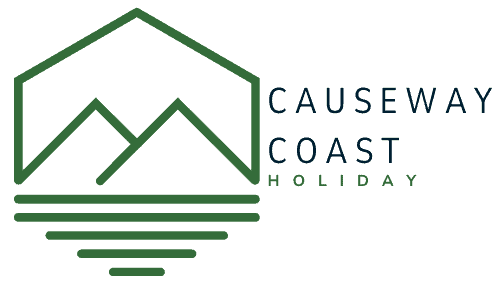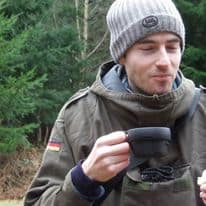Ah, Ireland – a land of magical landscapes, warm-hearted people, and a language that’s as rich and vibrant as the emerald countryside itself. If you’re planning to visit the land of saints and scholars, it’s essential to get the lowdown on some Irish slang words and phrases that will help you truly experience the heart and soul of this charming country. So, buckle up, and let’s embark on an exciting linguistic adventure through the wonderful world of Irish slang!
Key Takeaways
Experience the vibrant Irish culture by learning its unique slang!
From “Craic” to compliments & insults, explore Ireland’s literary legacy and screen slang.
Get ready for an unforgettable adventure with local phrases for social situations, pubs & countryside explorations!
A Primer on Irish Slang: The Basics
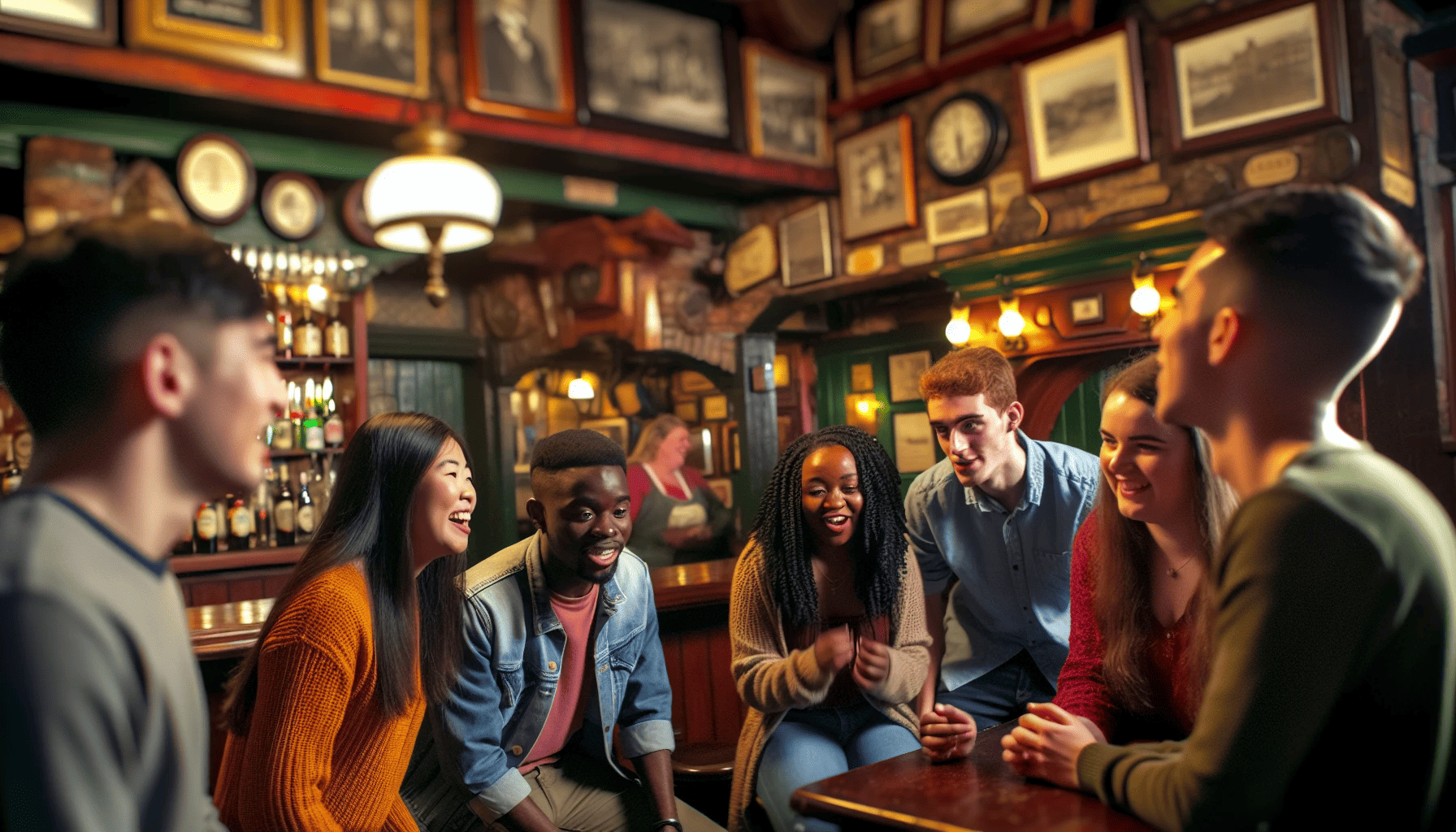
Irish slang, originating from the Gaelic language, serves as a vibrant and unique communication tool that reflects the culture and identity of the Irish. Roaming from urban Dublin to rural areas, you’ll encounter typical Irish slang such as “minerals” denoting soft drinks and “yer man” indicating someone you dislike.
While some words and phrases might be puzzling to non-native speakers, understanding the core of Irish slang equips you to converse in Ireland with local fluency.
The Essence of “Craic”
A full understanding of Irish slang necessitates familiarity with the pivotal term “craic.” “Craic” embodies the spirit of fun and enjoyment that is so deeply ingrained in Irish culture. Whether queried with “What’s the craic?” or whether a host is affirming your enjoyment with “Is it craic?”, this adaptable term is central in Irish dialogues, mirroring the nation’s affinity for joy and robust laughter.
Decoding “Grand”
Another term you’ll frequently encounter in Ireland is “grand.” This adaptable term ranges in meaning from good to satisfactory, often used as a response to a casual “How are you?”. The grand meaning of “grand” is a testament to the Irish spirit – no matter what challenges they face, they always manage to keep a positive attitude and a sense of humor.
Hence, hearing someone state they’re “grand,” certifies their adherence to the Irish way of life.
Understanding “Fair Play”
“Fair play” is a popular Irish phrase used to acknowledge someone’s achievements or good deeds. This term has its roots in the Irish words “Tabhairt amach,” meaning “to give out” and is often used to express approval or admiration for someone’s actions or accomplishments.
Imagine your friend just completed a marathon, and you want to congratulate them – you can simply say “fair play!” to show your admiration and support. It’s a simple yet powerful way to connect with others and celebrate their triumphs.
Everyday Irish Slang: From Compliments to Insults
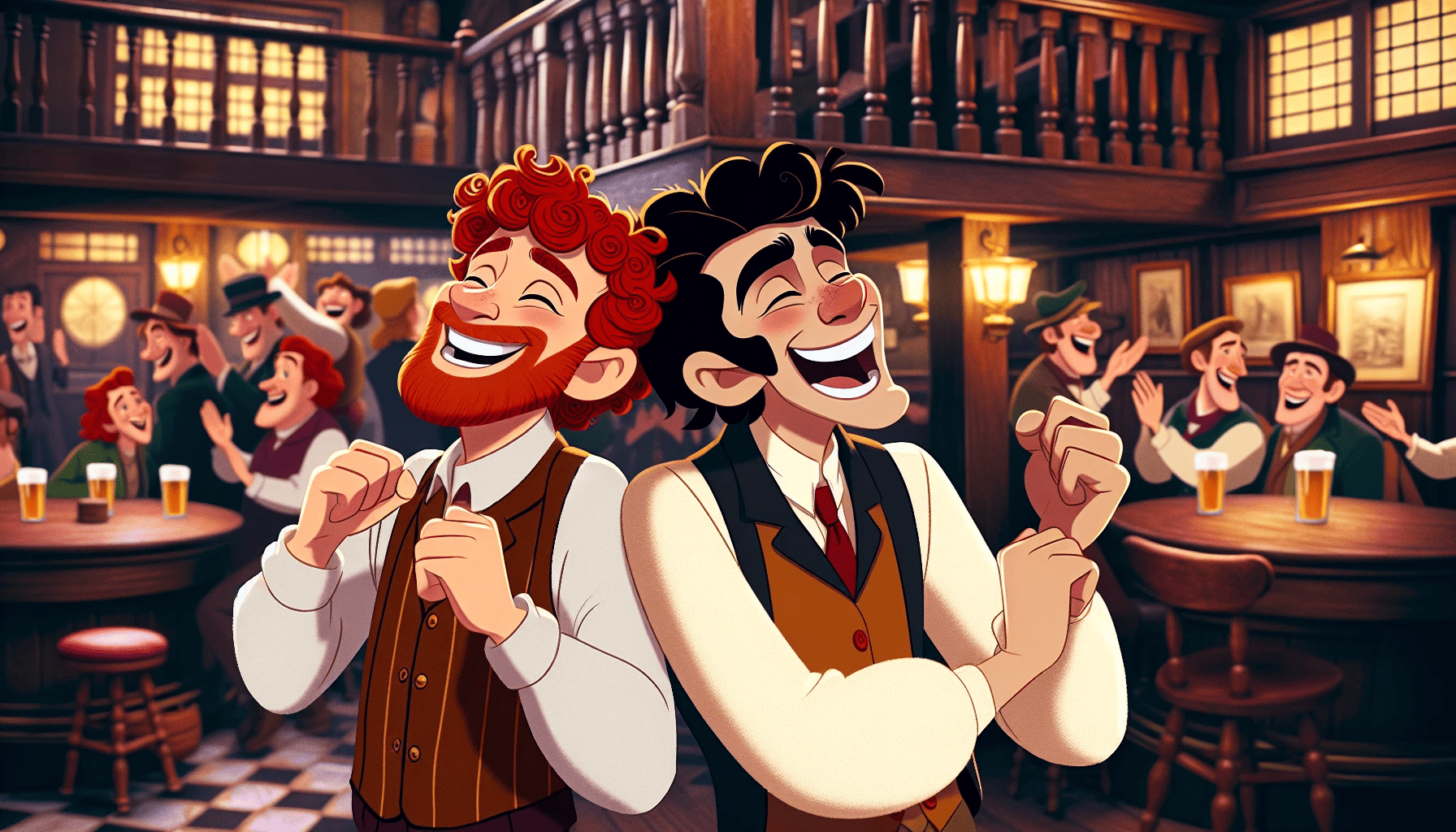
Each culture possesses its distinctive manner of delivering compliments and insults, with Ireland being no different. Irish slang offers a colorful array of terms to praise and tease, showcasing the playful nature of the language and the people who speak it. From endearing terms like “yer a dote” (meaning cute or adorable) to playful gibes such as “fecker” or “eejit” (referring to someone foolish), the Irish have a knack for making even the most ordinary conversations lively and entertaining.
Whether you’re relishing a pint with friends or indulging in cordial banter, proficiency in Irish compliments and insults is an effective strategy to integrate into the local culture and cultivate enduring relationships. After all, nothing brings people together quite like a shared laugh or a well-timed jest.
Complimentary Corkers
Regarding compliments, the Irish demonstrate a linguistic prowess that is truly incomparable. Some popular Irish slang terms for compliments include:
“bang on” (meaning good)
“class” (excellent or high quality)
“fella” (guy or partner)
“deadly” (excellent or amazing)
“fierce” (very good or great)
These terms add a touch of color and warmth to everyday conversations, making it easy to show your appreciation and admiration for others in true Irish style.
Gentle Gibes
Alongside compliments, the Irish are also noted for their playful jibes and teasing, often using Irish colloquialisms. An Irish person might use some popular slang terms, such as northern Irish slang words:
“mouldy” (very drunk)
“fecker” (a foolish person)
“eejit” (idiot)
“gowl” (an annoying person)
While these terms may sound harsh to an outsider, they’re often used in a friendly and playful manner, reflecting the Irish love for wit and sarcasm, with a fierce meaning behind each Irish word.
If you happen to be on the receiving end of one of these gentle gibes, simply shrug it off and join in the fun – it’s all part of the good-natured ‘craic’!
The Weather and the Craic: Talking About Irish Life
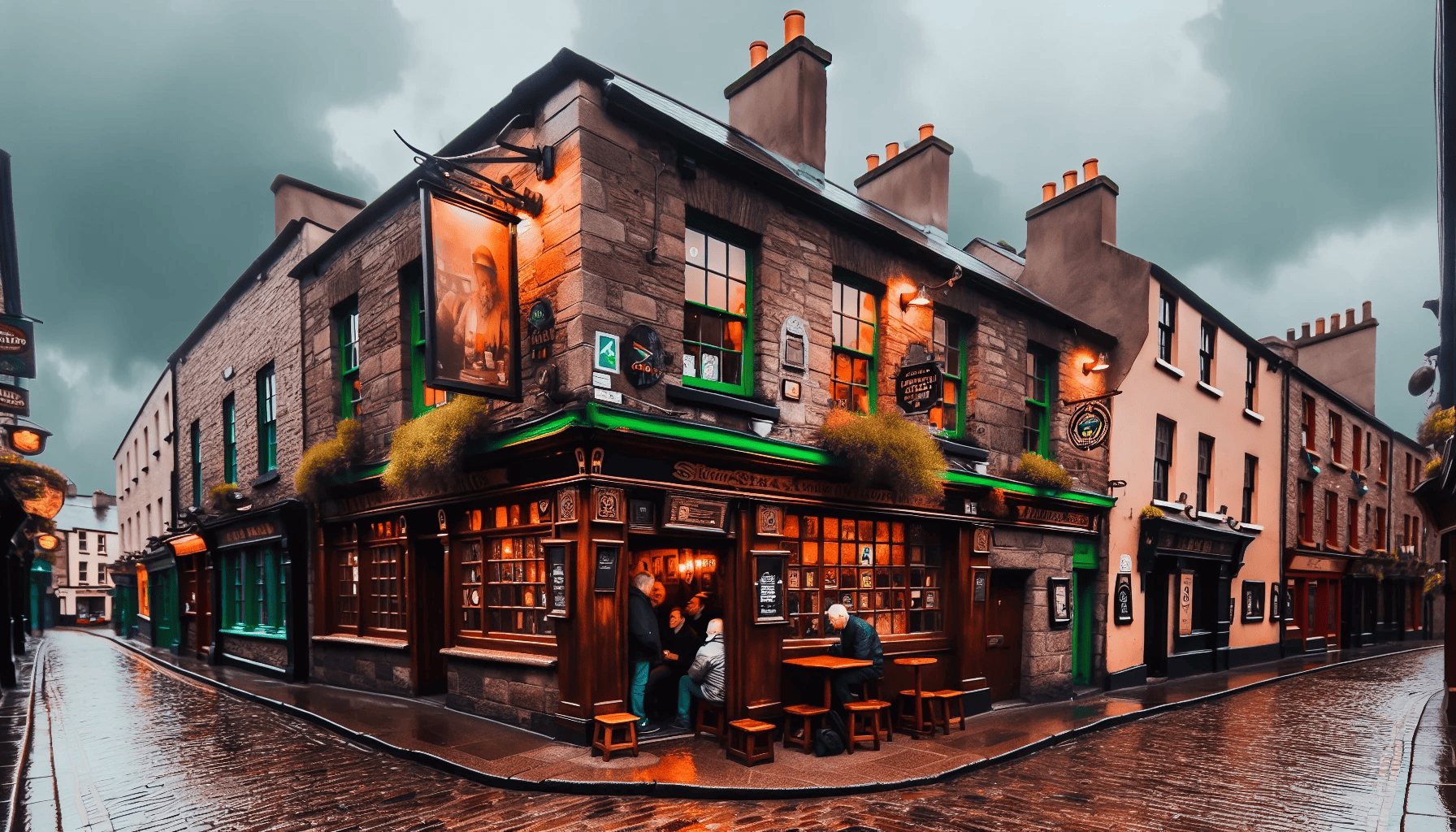
Weather significantly influences Irish culture, hence it’s unsurprising that the country’s slang is replete with terms related to this fluctuating element. From “soft day” (a misty day with light rain) to “bucketing down” (raining heavily), Irish weather expressions are as varied and colorful as the country’s lush landscapes. And when you’re not talking about the weather, you can always turn to the craic – a term that encapsulates the Irish love for fun, entertainment, and good-natured banter.
So, whether you’re braving a torrential downpour or basking in the warmth of a traditional Irish pub, knowing the lingo will help you navigate the highs and lows of Irish life like a true local. After all, there’s no better way to truly experience a country than by embracing its language and culture head-on.
Discussing the “Black Stuff”
One of Ireland’s most iconic symbols is the “black stuff” – a colloquial term for the country’s most renowned beverage, Guinness. This rich, dark stout has a deep-rooted history in Ireland, dating back to 1759, and has become an integral part of the nation’s culture and identity.
Whether you’re sharing a pint with friends at the local pub or raising a toast to celebrate a special occasion, knowing the lingo is essential to truly appreciating this beloved Irish tradition.
When It’s “Bucketing Down”
As stated earlier, the Irish share a unique bond with the weather, with the slang term “bucketing down” serving as a prime example. When the skies open up and it starts to pour, you’ll hear locals exclaim that it’s “bucketing down”. This vivid expression captures the intensity of Irish rainstorms and provides a glimpse into the country’s notoriously unpredictable weather.
So, if you find yourself caught in a sudden downpour while exploring the Emerald Isle, just remember – it’s all part of the authentic Irish experience!
The Language of Love and Laughter: Flirting and Fun in Irish Slang
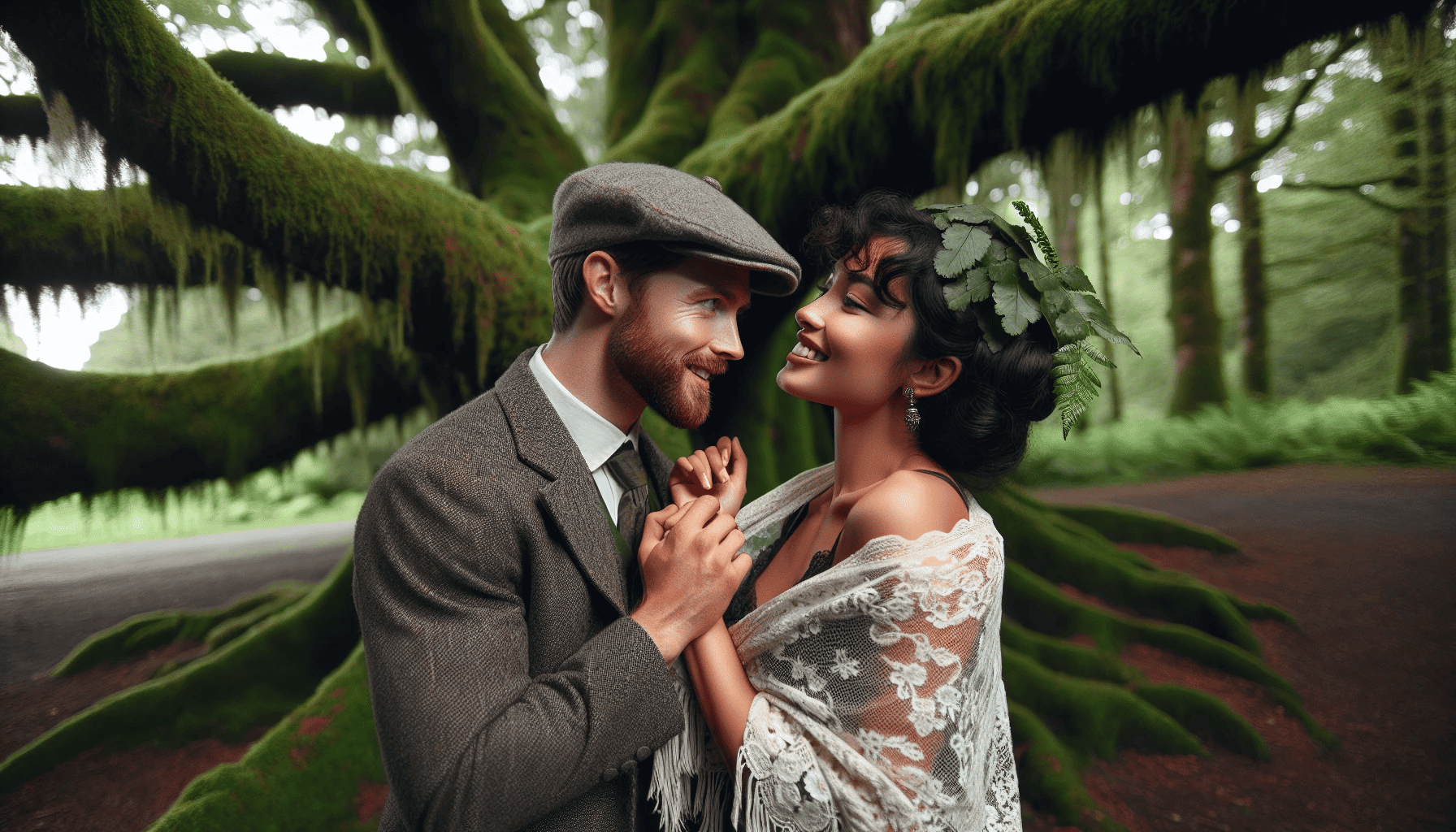
The playful tone of the Irish language pervades the domains of love and laughter. With a rich vocabulary of slang terms for flirting and humor, the Irish are experts at expressing their romantic intentions and sharing a laugh with friends. From cheeky banter to subtle innuendos, the language of love and laughter is an essential part of the Irish experience.
Whether you’re attempting to charm a local or just exchanging banter with friends, perfecting Irish slang for flirting and humor guarantees you’ll never be short of words. After all, there’s no better way to win someone’s heart than with a well-timed joke or a clever turn of phrase.
Flirty Phrases
Irish slang is filled with flirty phrases that can help you express your romantic interest with charm and wit. Here are some common Irish slang words you might encounter in the dating scene, which are also examples of Irish slang phrases. These Irish slang words include:
“shift” (kissing)
“grá” (love)
“coddin’ ya” (I’m only joking)
“flah” (to show off or boast)
“feek” (a term of attraction for someone attractive)
“lob the gob” (kissing someone)
With these phrases at your disposal, you’ll be well-equipped to navigate the Irish dating scene and woo your love interest in true Irish style.
Humorous Expressions
In addition to flirting, Irish slang is also full of amusing expressions that showcase the country’s unique sense of humor. Terms like “gas” (meaning funny) and “acting the maggot” (engaging in foolish games or behavior) are just a few examples of the wit and wordplay that characterize Irish humor.
By incorporating these Irish expressions into your conversations, you’ll be able to share in the laughter and revel in the lighthearted spirit that makes Irish culture so endearing.
The Spirit of Ireland: Cultural References in Slang
Irish slang is deeply ingrained in the country’s abundant cultural heritage, with numerous terms and phrases mirroring the nation’s history, folklore, and artistic customs. From literary legacies to screen slang, these expressions offer a window into the soul of Ireland and provide a fascinating glimpse into the lives of its people.
Whether you’re exploring the Emerald Isle’s literary history or enjoying a night at the movies, understanding the cultural references behind Irish slang will enrich your experience and help you appreciate the country’s unique spirit and charm.
Literary Legacies
Ireland has a long and storied literary history, and the influence of the country’s great writers can be seen in its slang. Authors like James Joyce, Oscar Wilde, and W.B. Yeats have all left their mark on the language, with slang terms such as “baloney,” “boss,” and “brag” all originating from their works.
By familiarizing yourself with these literary-inspired slang terms, you’ll gain a deeper understanding of Irish culture and the rich tapestry of influences that have shaped its language.
Screen Slang
Irish cinema has also played a significant role in popularizing local slang, introducing audiences worldwide to the unique expressions and accents that characterize the Irish language. The success of Irish-language films has helped to revitalize and popularize the language in recent years, leading to a greater appreciation of the country’s rich linguistic heritage.
So, the next time you settle in for a night at the movies, why not choose an Irish film and immerse yourself in the captivating world of screen slang?
Slang in Action: Irish Phrases for Social Situations
Language is a dynamic and evolving entity, with Irish slang being no exception. From pub talk to countryside adventures, slang words and phrases are an essential part of everyday life in Ireland, helping to bridge the gap between locals and visitors alike.
By mastering these expressions, you’ll smoothly maneuver through the social terrain of the Emerald Isle, forming new friendships and establishing enduring bonds. So, whether you’re sharing a pint with friends or exploring the countryside, be prepared to embrace the language of Ireland and share in the craic.
Cheers and Beers
The pub is a central hub of Irish social life, and it’s here that you’ll find a wealth of slang terms related to drinking and socializing. Some popular expressions include “gargle” (a term for beer or alcohol), “swift one” (a quick drink), and “I’ll stand my round” (a way of saying you’ll buy a round of drinks for your friends).
By learning these terms, you’ll be well-prepared to enjoy a night out at the local pub and fully immerse yourself in the convivial atmosphere that defines Ireland’s social scene.
Celebrations and Commiserations
In both happy and sad times, the Irish have a unique way of expressing their emotions through slang, often using a common Irish phrase. Terms like “comhghairdeachas” and “comhghairdeas” are used to congratulate someone on their achievements, while phrases such as “chin up” and “feck it” offer commiserations and support in difficult times.
By mastering these Irish sayings and expressions, you’ll be well-equipped to share in both the celebrations and commiserations that are a part of everyday life in Ireland.
Visiting the Emerald Isle: Slang for Travelers
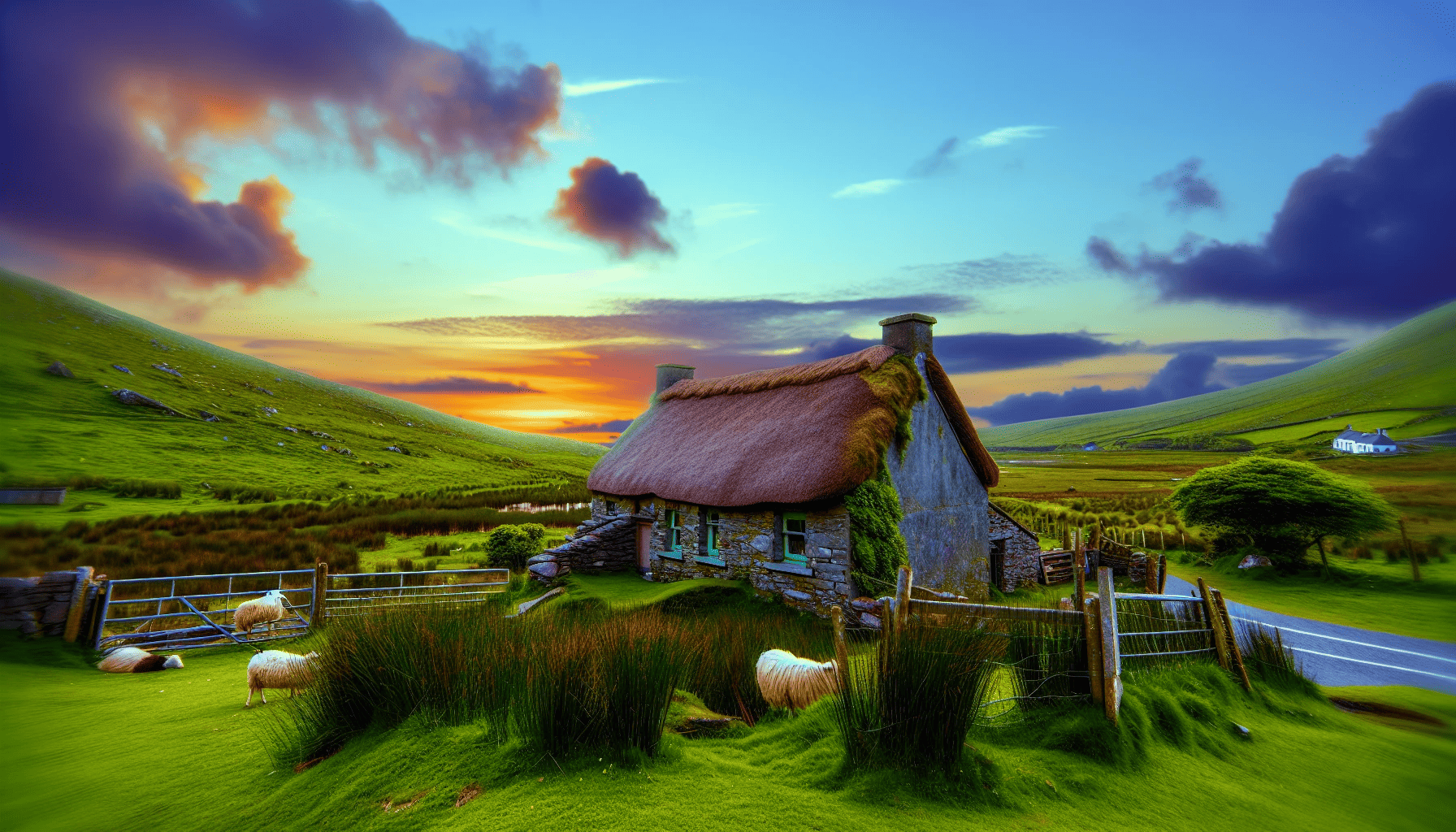
For prospective visitors to Ireland, acquiring the local slang is essential. Not only will it help you navigate the country with ease, but it will also provide a unique insight into the heart and soul of the Irish people. From pub talk to countryside adventures, knowing the lingo will ensure that you can fully immerse yourself in the sights, sounds, and experiences that make Ireland such a magical place.
So, whether you’re exploring the bustling streets of Dublin or taking in the breathtaking beauty of the countryside, be prepared to embrace the language of the Emerald Isle and make your trip an unforgettable adventure.
Pub Talk
Traveling through Ireland, you’ll quickly realize that the local pub is not merely a spot for enjoying a pint – it’s a social nexus where individuals unite to exchange stories, laughter, and camaraderie. To fully embrace this aspect of Irish culture, you’ll want to familiarize yourself with some common pub-related slang terms like “gargle” (beer or alcohol), “swift one” (a quick drink), and “I’ll stand my round” (buying a round of drinks for your group of friends).
With these terms in your vocabulary, all carrying the same meaning, you’ll be well on your way to becoming a regular at the local pub in no time.
Exploring the Countryside
Ireland’s countryside, rich in natural beauty and rural allure, can be better appreciated by understanding the local slang. Some popular terms related to rural life include “culchie” (a person from a rural or agricultural area) and “quicken” (a rowan tree).
As you explore the rolling hills and quaint villages of the Emerald Isle, be sure to keep these terms in mind – they’ll provide a unique perspective on the country’s rich history and rural traditions.
Summary
From the bustling streets of Dublin to the rolling hills of the countryside, Ireland’s language is as rich and diverse as its landscape. By immersing yourself in the world of Irish slang, you’ll not only gain a deeper understanding of the country’s culture and history, but you’ll also unlock the key to truly connecting with its people. So, as you embark on your journey to the Emerald Isle, be sure to pack your sense of adventure, your curiosity, and, of course, your newfound knowledge of Irish slang. Sláinte!
Frequently Asked Questions
What is sneaky Irish slang?
Sneaky Irish slang is ‘slbhn’, which describes a sly and untrustworthy person.
How do you say you’re crazy in Irish slang?
Tá tú as do chabrach – tá sé marbh leat! Literal translation: You’re off your rocker – you’re crazy!
What is the meaning of the Irish slang term “craic”?
The Irish slang term “craic” refers to fun or entertainment. It’s a great way to describe a good time with friends and family!
What are some common Irish slang terms used in flirting?
Flirting in Ireland could involve using phrases like “shift” (kissing), “grá” (love), “coddin’ ya” (I’m only joking), “flah” (to show off or boast), “feek” (a term of attraction for someone attractive) and “lob the gob” (kissing someone)!
What are some popular Irish slang terms for beer?
Calling beer “gargle” and “juice” is common slang in Ireland, adding a bit of fun to your pint-drinking experience!
